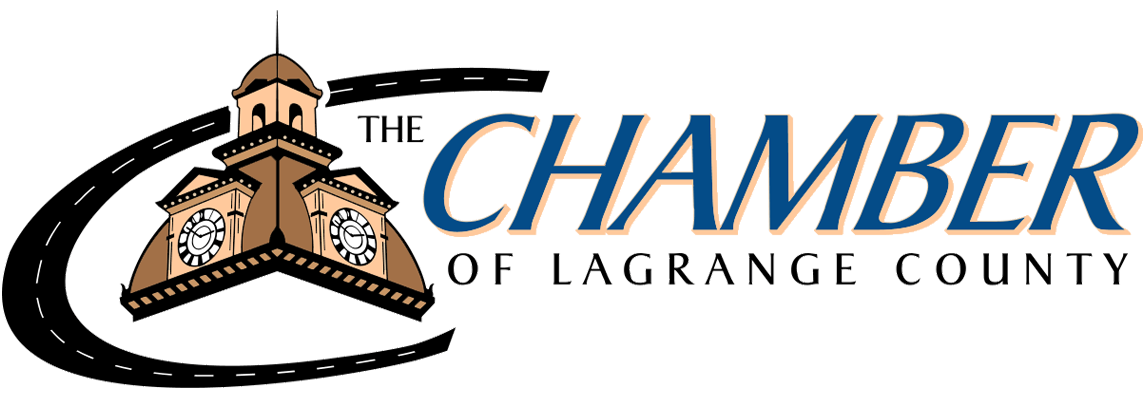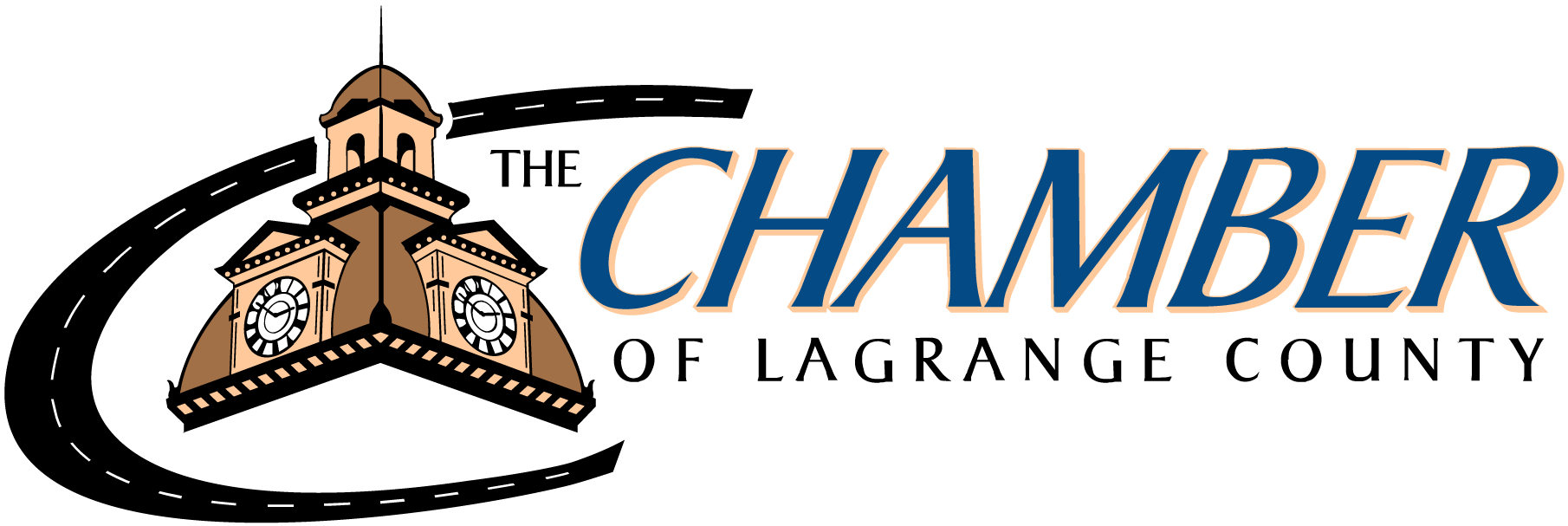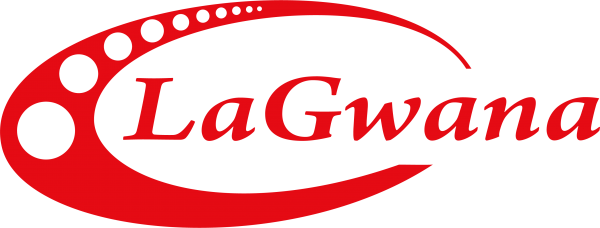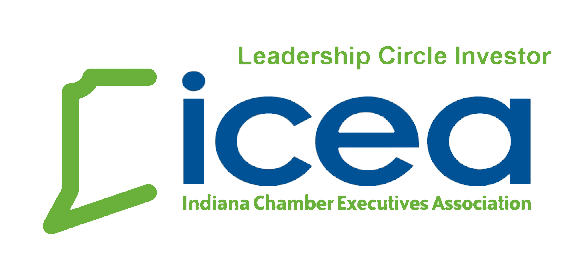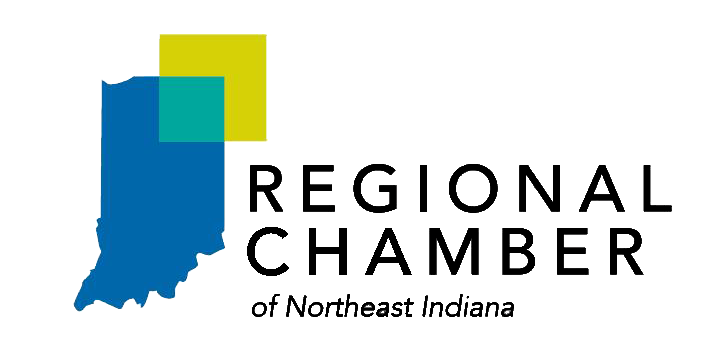Coffee with the County - Quiet Fuel
Social media is a black hole of digital socialization, often painted full of “memes” - images or photos meant to send (oftentimes a humorous or sarcastic) message, whether in part or fully truthful. One such meme I’ve seen circulate the internet that draws attention says something like this: “Paying taxes on the money you make. Paying taxes on the money you spend. And paying taxes on things you own that you already paid taxes on with already-taxed money.”
Nobody wakes up excited to pay taxes. (If you are, then I want to meet you.) Whether we’re talking about LaGrange County, the broader Northeast Indiana region, or the state as a whole, taxes are one of the most important tools we have to keep our communities running. They are the dollars that pave the roads we drive on, fund the teachers who educate our children, provide for our first responders, maintain our parks, and even keep the lights on in local government buildings.
In plain terms, taxes are a shared investment. Instead of each of us paying individually for things like fire trucks, school buses, or snowplows, we pool our dollars together so that everyone has access to essential services. (Because let’s be honest, if we each tried to provide our own fire trucks or school buses, you’d have a city full of Tonka Trucks.) This is how small communities like ours can support big needs.
Here’s a simple breakdown of how those dollars flow:
- Property taxes are one of the largest local revenue sources. They primarily support schools, libraries, police, fire departments, and county and township government services.
- Income taxes (paid to the state, with a portion returned locally) help fund county government, local roads, and other public services.
- Sales taxes (collected at the state level, and often derived from visitors in our thriving tourism industry) go into Indiana’s general fund, which is redistributed for things like Medicaid, higher education, and infrastructure.
Recently, Indiana has been making adjustments to the way property taxes are structured, including realignments that affect how dollars are shared between different levels of government. The Indiana Legislature passed Senate Enrolled Act 1 (SEA 1, 2025), which is a sweeping property tax reform package. Here are some key changes:
- 10% Homestead Credit begins in 2026, and is capped at $300 per household
- The Supplemental Homestead Deduction is expanded, gradually increasing from 37.5% to 66.7%
- New deductions will be available for certain residential (non-homestead) properties
- The Local Income Tax cap is lowered to 2.9%, limiting how high counties and towns can raise income tax rates
What does this mean for you? Well, in some cases, homeowners will see some relief, especially those with modestly valued homes. Local governments, including schools, will need to adjust budgets to reflect reduced property tax revenue, or at the very least, get creative in how budgeting processes are finalized. In some cases, services may shift funding sources, or communities may explore referenda to make up gaps. (That’s not to say these will be the ultimate solutions for LaGrange County, but they may be explored opportunities across the state.)
The big picture is this: when we pay local taxes, the money doesn’t disappear into some far-off account. It stays here, in LaGrange County and Northeast Indiana, working for us. Every time you drive down a cleared road in winter, see an ambulance arrive quickly, or walk into a well-maintained library, you’re seeing your tax dollars at work.
As residents, it’s important to understand both sides of the equation: yes, we all want to keep our tax burden manageable, but we also want the strong public services that make our community safe, livable, and prosperous. Finding that balance is the work of local government, and staying informed is how we, as taxpayers, make sure our voices are heard.
Next time you see a school bus pass by or a sheriff’s deputy on patrol, take a moment to remember–you helped make that possible. Taxes may not be exciting, but they are the quiet fuel that keeps our community moving forward.
If you’d like to know more about the recent legislation change in property taxes, visit iga.in.gov and search for Senate Bill 1.
